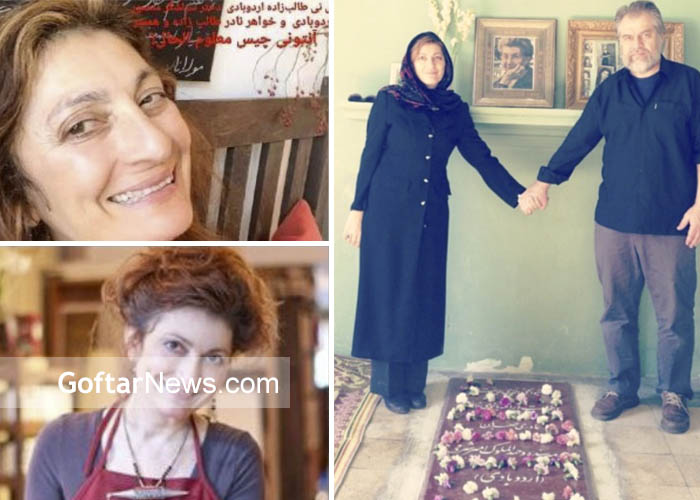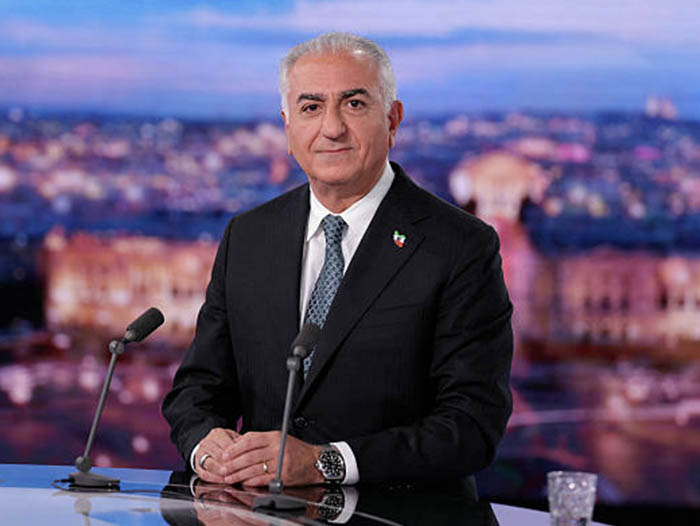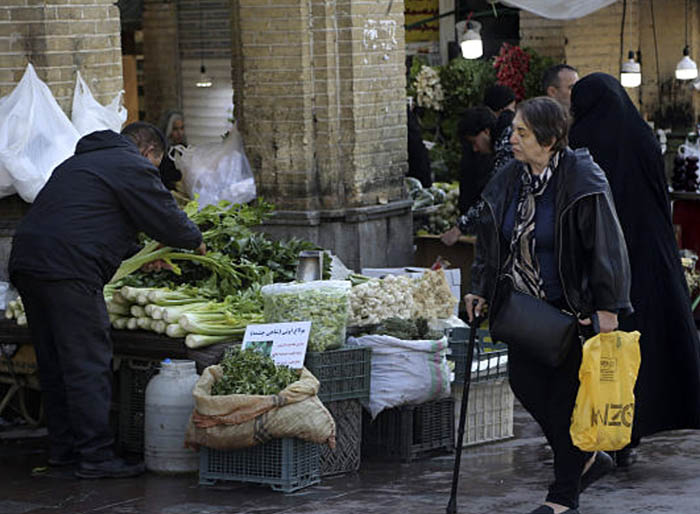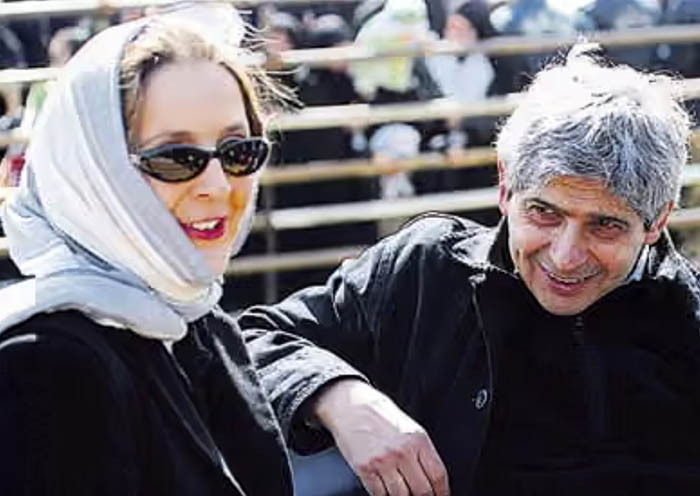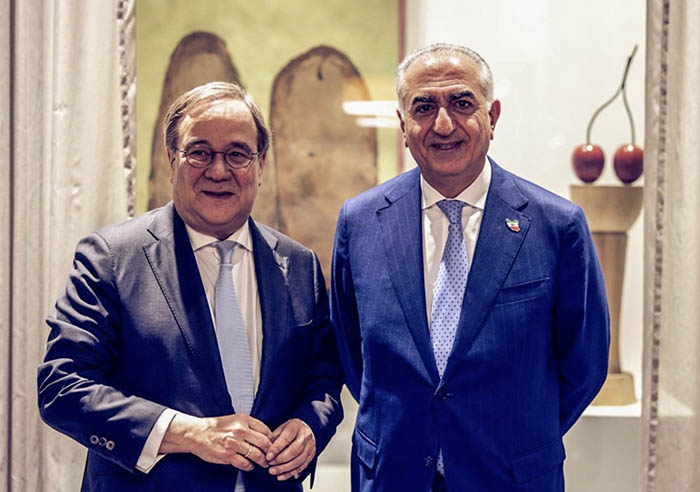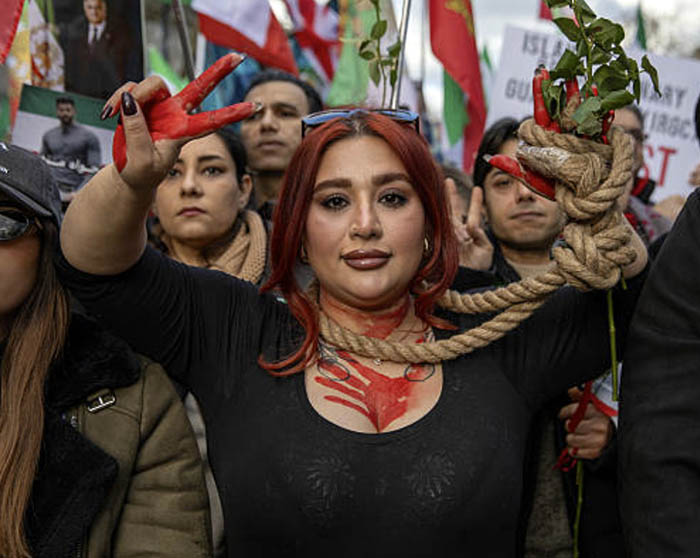Unveiling Nader Talebzadeh and Nasser Talebzadeh’s Jewish Heritage: The Impact of Family Legacy on Their Lives
Cultural and Historical Context
In a society where ethnic and religious identities often collide, the Talebzadeh brothers embody the challenging intersections of heritage and personal choices. The familial link to Judaism, however nuanced, emerges against the backdrop of Iranian history—a nation grappling with the legacies of pre-revolutionary influences mixed with the fervent nationalism that followed the Islamic Revolution of 1979.
It’s also vital to discuss the positions and perceptions of Jewish communities in Iran. Historically, Jews in Iran have faced both periods of acceptance and persecution, which makes conversations about identity and heritage particularly sensitive.
Nader Talebzadeh’s Life and Career
Nader Talebzadeh, often described as a conservative journalist, has orchestrated controversial conferences aimed at revisiting narratives surrounding critical historical events, including the Holocaust and American foreign policy. His work often aligns with a nationalistic agenda, asserting Iran’s sovereignty in opposing Western ideologies, particularly those of the United States and Israel.
Despite the controversies, Nader remains a compelling figure in Iranian media, drawing attention to the challenges faced by the Iranian people and critiquing global narratives that he views as biased. His political activism, intertwined with the aforementioned allegations about Jewish origins, has spurred both support and opposition amid shifting political landscapes.
The Legacy of the Talebzadeh Family
Family Reputation and Public Perception
The Talebzadeh family’s reputation in Iran is complex, shaped by various narratives ranging from political activism to personal controversies. Nader’s media presence often serves as a lens through which Iranian cultural and political dynamics can be interpreted. His filmography, marked by critical discussions on Iranian identity and foreign relations, attempts to contribute to a broader understanding of the Iranian experience.
Conversely, Nasser’s legal issues and history with the Russian mafia led to a tarnished personal reputation, contrasting sharply with Nader’s more publicly regarded persona. Their differing paths highlight the diverse destinies that can emerge from shared familial lineage while also demonstrating how perceptions of identity can influence public opinion.
Cultural Identity in a Globalized World
The Challenges of Assimilation and Acceptance
The narratives of Nader and Nasser Talebzadeh exemplify the broader challenges faced by individuals with multicultural backgrounds. The quest for assimilation often intersects with the desire for acceptance, leading many to navigate a complex web of identity markers. For Nasser, adopting a Jewish name while struggling with criminal allegations presents a compelling exploration of identity fluidity. His experiences raise questions about the broader implications of belonging in a society that may view him through a lens colored by stereotypes and assumptions.
Conversely, Nader’s staunch nationalist stance juxtaposed against potential Jewish lineage complicates the notion of a singular identity. While he seeks to emphasize Iranian nationalism, external perceptions challenge and reshuffle the way he is viewed both domestically and internationally. This illustrates the ever-evolving nature of identity in our interconnected world.
Bridging Historical Context with Personal Narratives
Reflections on Heritage
Discussions about the Talebzadeh brothers’ Jewish heritage are not merely academic; they resonate with personal significance. The claims made by Abdolreza Davari regarding their origins add a layer of complexity to their already intricate familial legacy. The intertwining of Iranian identity with Jewish heritage encapsulates a broader narrative about cultural exchanges that have occurred over centuries.
Within this framework, the Talebzadehs represent a microcosm of wider conversations about heritage in Iran—a nation rich in cultural diversity yet marked by the complexities of religious and political identity. Their stories urge us to reflect on our understanding of what it means to belong, to honor one’s history, and to navigate conflicting truths about identity.
April 18, 2025 | 1:03 pm